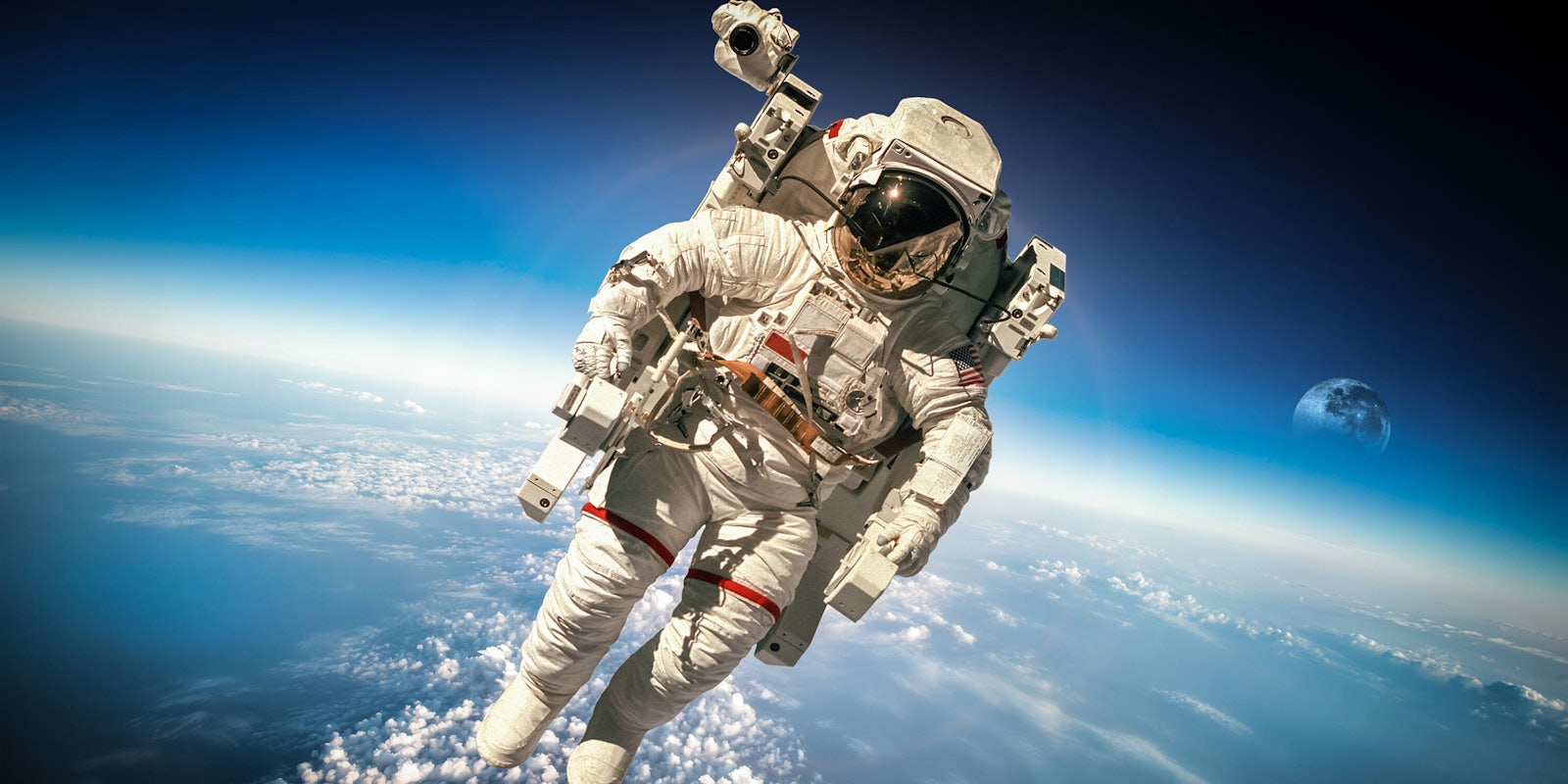Wouldn’t it be great if you could stay in bed, not have to work, and still get paid the big bucks? Now you can—as long as you are a fit male between the ages of 25 and 40 who is willing to give your body up for space travel.
Researchers at the Institute for Space Medicine and Physiology in France will pay test subjects 16,000 euros (around $17,000) to lie on their backs for 60 days. There are some things you’ll need to consider before you start filling out the application. You have to stay on your back—or more specifically, one shoulder needs to be in contact with the bed or its frame—at all times for two months.
This may sound like a social experiment or some performance art installation, but the research conducted will help astronauts and scientists learn about the effects of microgravity, or the state of weightlessness, at the International Space Station.
Scott Kelly returned from a year-long trip aboard the International Space Station in March last year. Kelly had to exercise more than 700 hours, run 648 miles on a treadmill, and drink 730 liters of recycled sweat and urine, to keep his bones, muscles, and heart from deteriorating. After 383 experiments, his efforts have helped scientists learn more about what space does to the human body.
This experiment will be similar, except participants won’t be able to get out of bed. All washing, eating, peeing, pooping, and whatever else you want to add, will be done lying down. Researchers will choose 24 candidates who do not smoke, have a body mass index between 22 and 27, and are willing to undergo rigorous training prior to starting this extreme experiment.
“During the first two weeks our scientists will do a whole series of tests and measurements on the volunteers,” Arnaud Beck told 20 Minutes. “This will be followed by a 60-day period during which they must remain in bed, the head slightly inclined downwards at less than six degrees.”
The plan is to see what happens when someone does not step their foot on the ground for 60 days, and determine ways to combat any negative side effects. We are very reluctant to provide the link to apply for this intense, but scientifically (and financially) rewarding experiment. But given our selfish curiosity to figure out what actually happens: here it is.
H/T the Guardian


